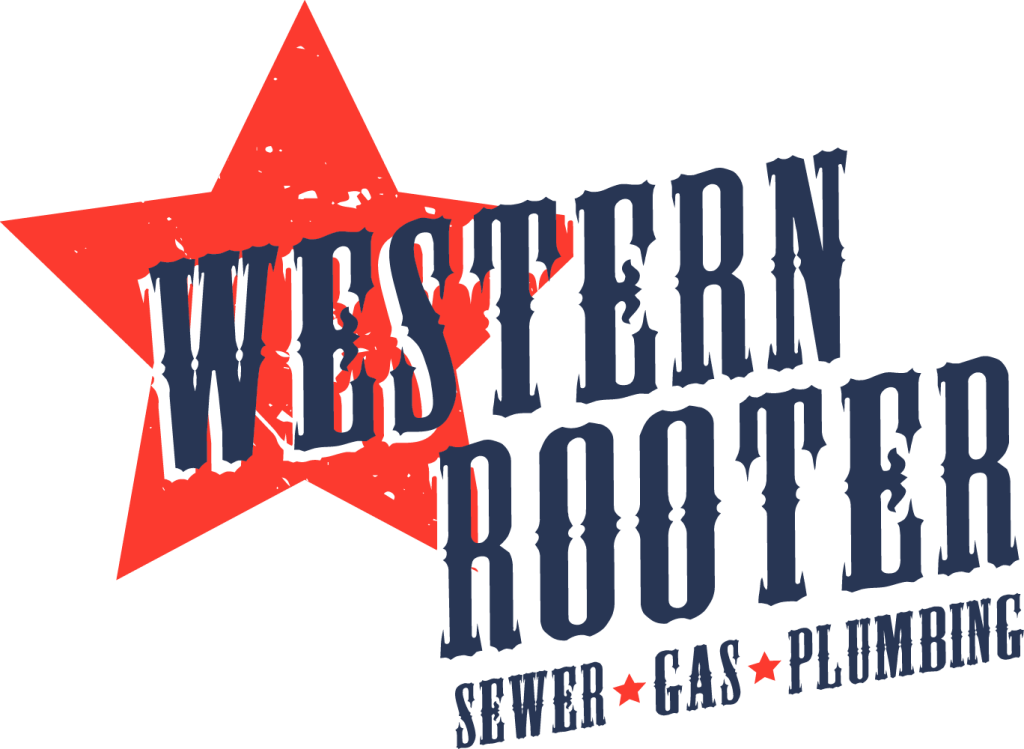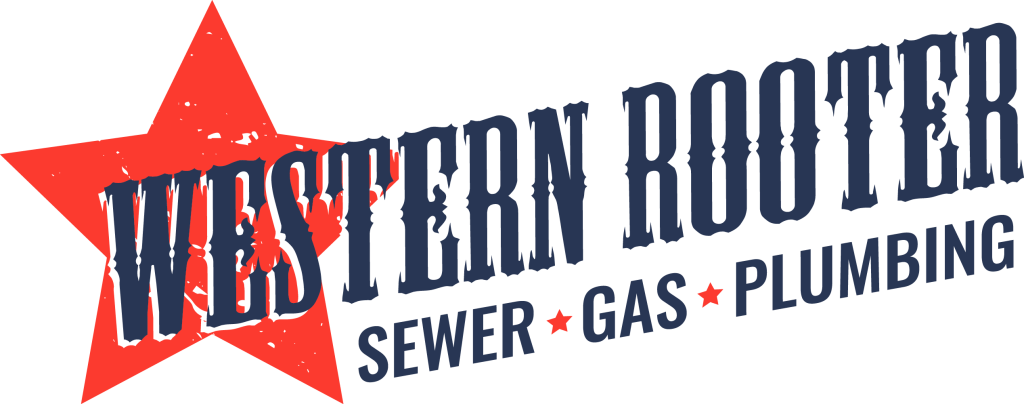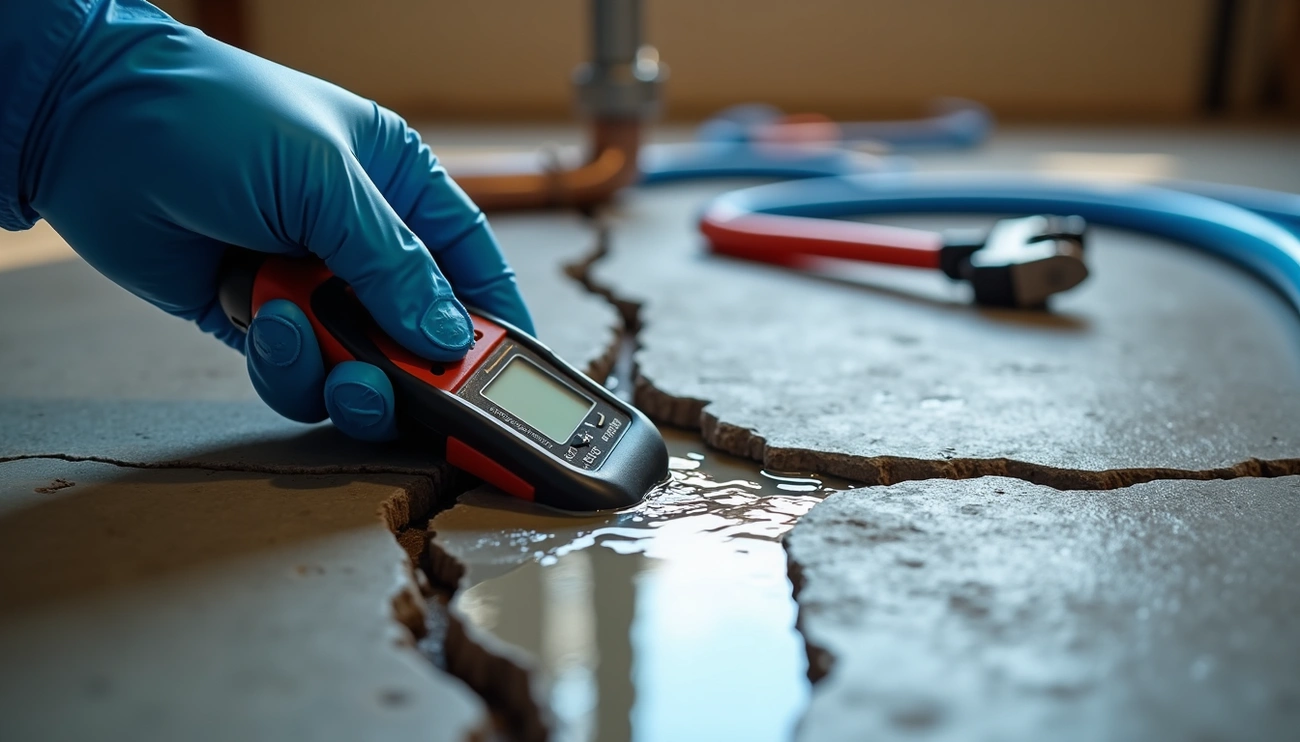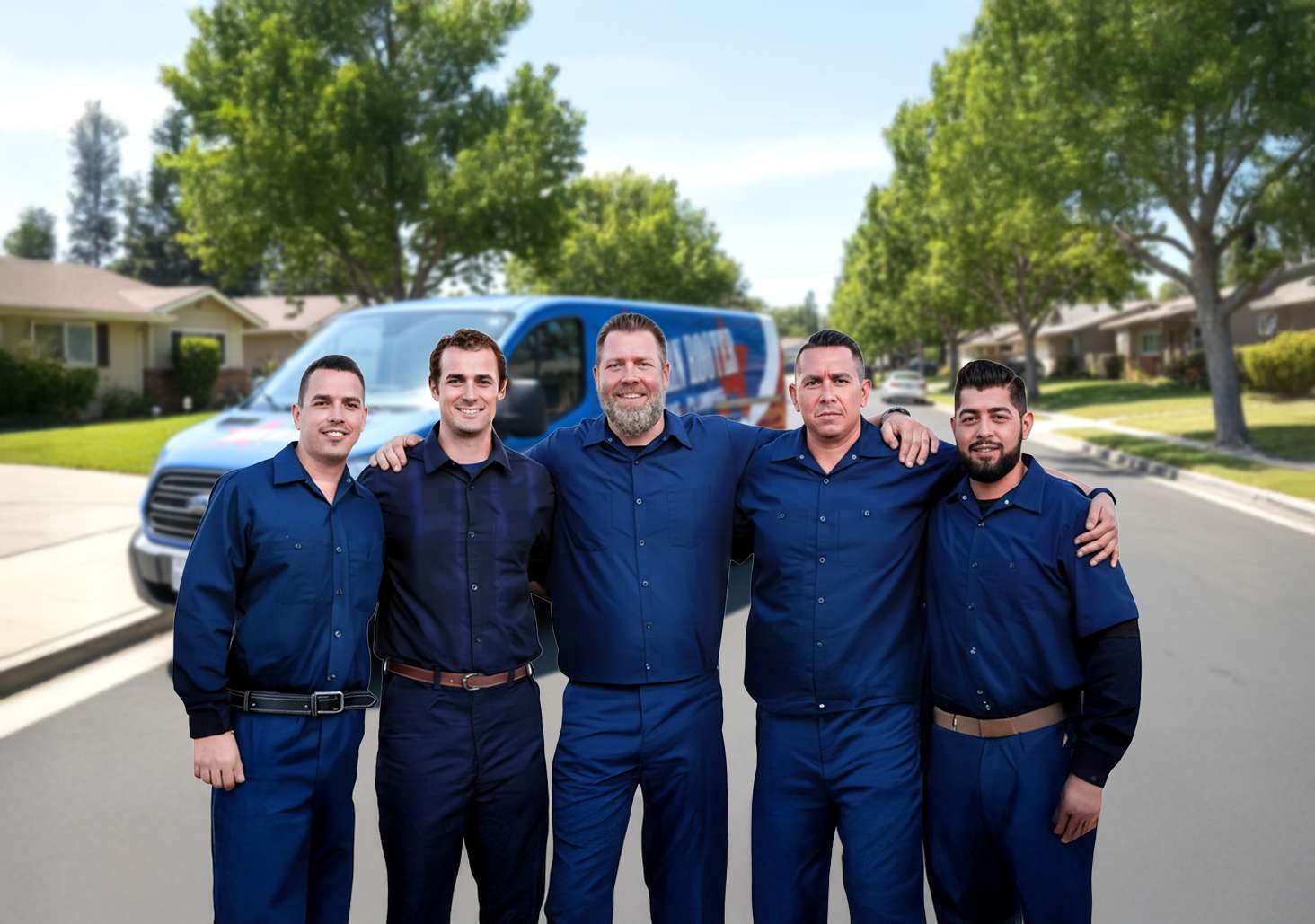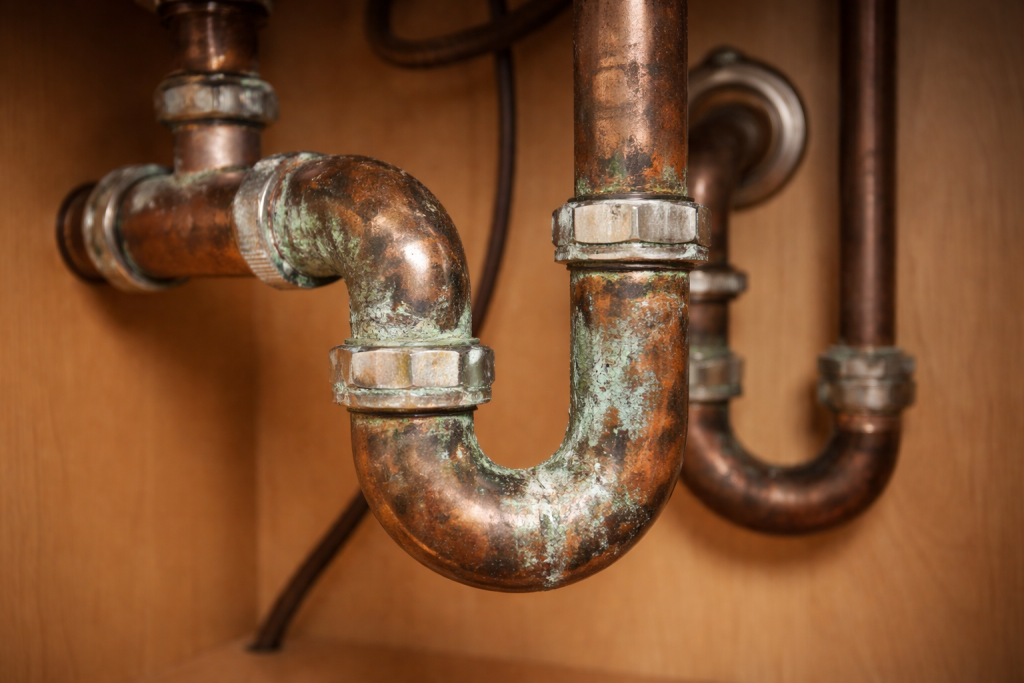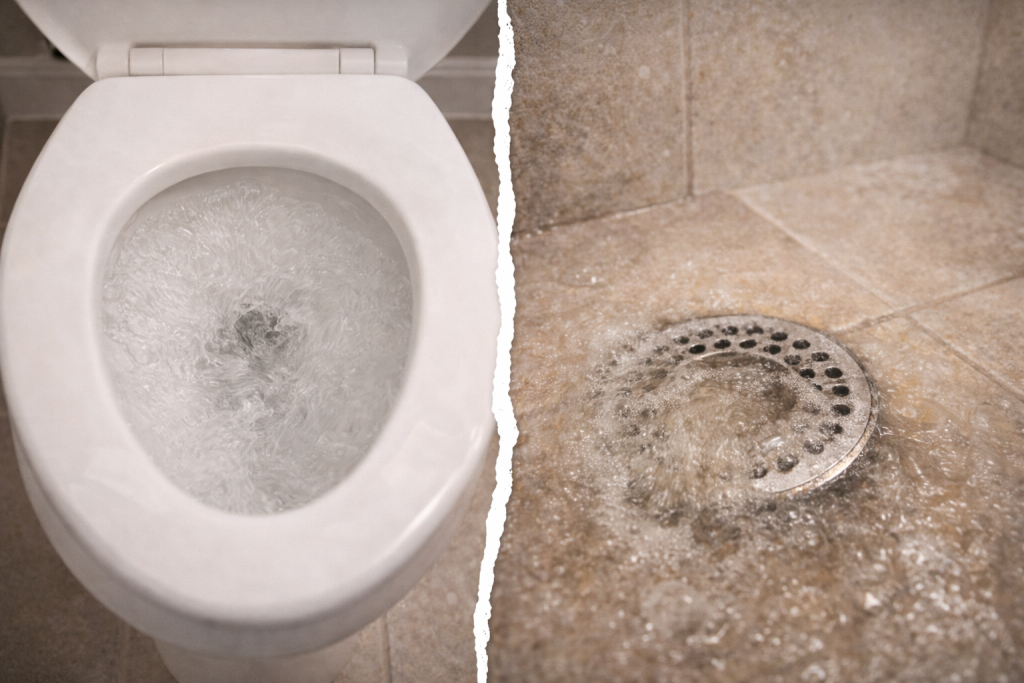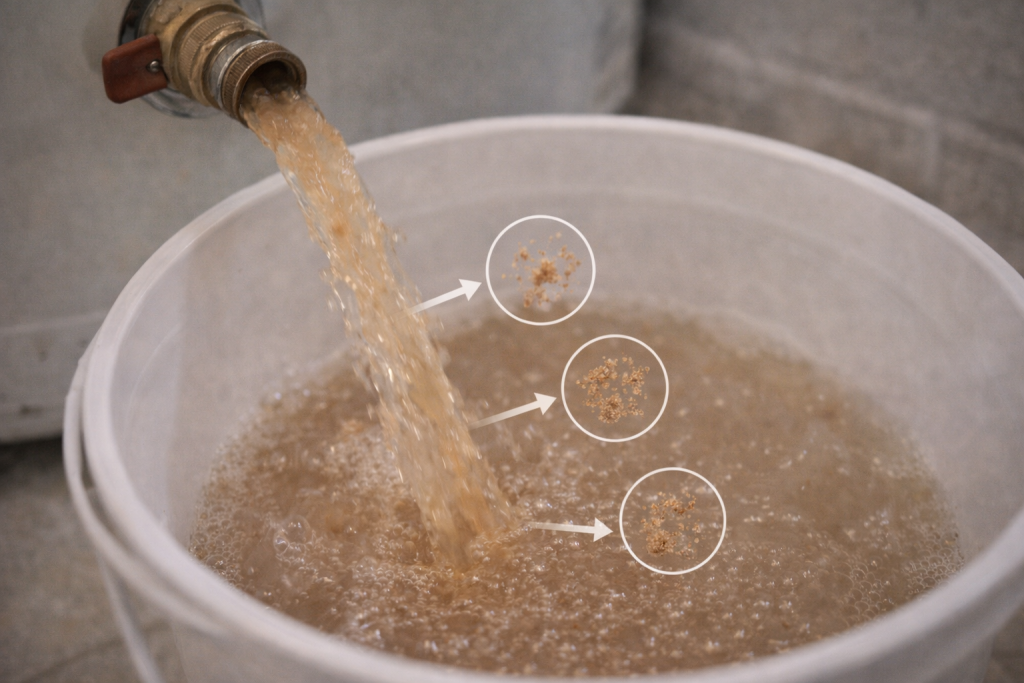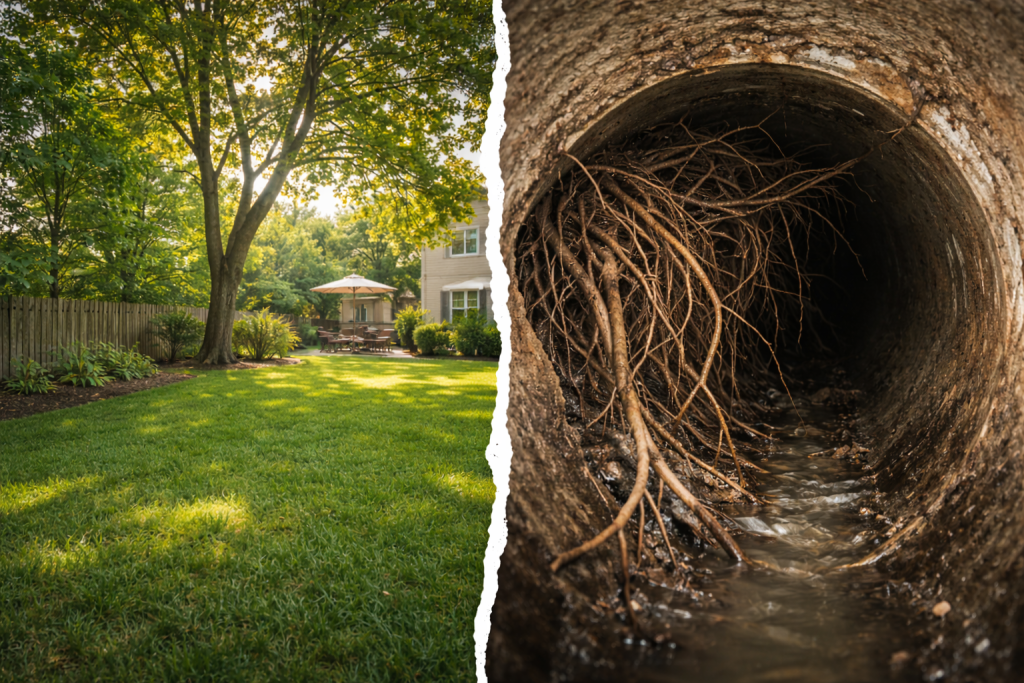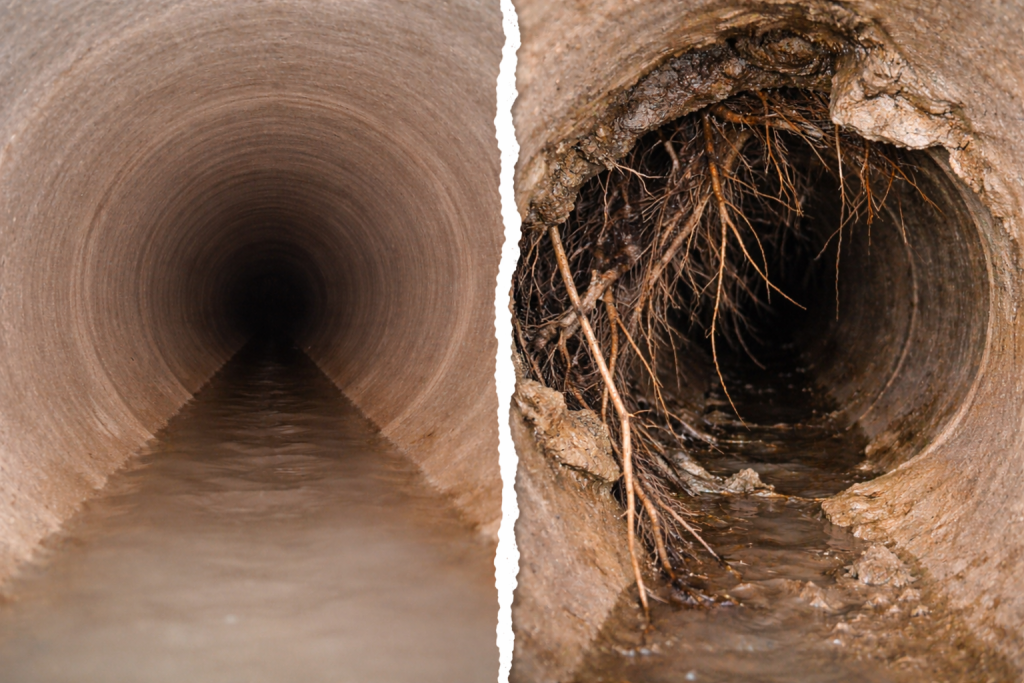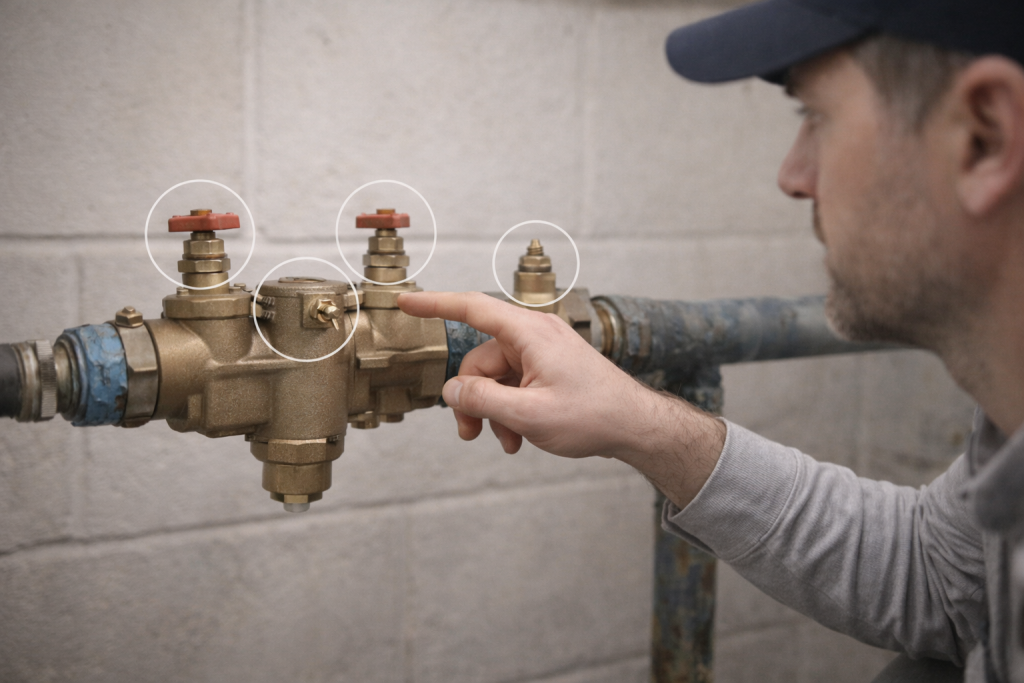Slab leak repair costs can shock unprepared homeowners. Prices range from $630 for minor issues to $4,400 or more for extensive damage beneath your concrete foundation. Understanding these costs is a vital part of making smart decisions if you suspect a slab leak in your California home.
Most homeowners pay around $2,280 for slab leak repairs, which includes detection services. The final price depends by a lot on two main things: fixing the leak itself and repairing your home’s concrete slab afterward. Finding an under-slab leak costs between $150 to $400. The complete repair process needs concrete removal, pipe fixing, and restoration that can cost more than $2,000.
This piece helps California homeowners understand slab leak repair costs in 2025. We break down pricing by repair method and explain extra expenses you might face. You’ll also learn practical ways to cut down your overall costs. Homeowners in Los Angeles or San Bernardino County could save thousands on their next plumbing emergency with this information.
What is a slab leak and why it matters in California
Your home’s concrete foundation hides a potential threat – slab leaks. These occur when water pipes beneath the foundation develop cracks, corrosion, or breaks. California homeowners need to learn about slab leaks because our state’s unique environment makes properties vulnerable to this pricey problem.
Common causes of slab leaks in California homes
Several region-specific factors make California properties prone to slab leaks:
- Shifting soil and seismic activity: Ground movement and minor earthquakes put massive pressure on underground pipes. Your pipes can crack, burst, or develop tiny holes as time passes.
- Expansive clay soils: Clay-rich soil dominates many California areas. This soil expands when wet and shrinks when dry. Such continuous movement stresses your pipes and creates conditions perfect for leaks.
- High mineral content and hard water: California’s hard water makes pipes corrode from inside out. Minerals accumulate inside pipes and weaken them, making leaks more likely.
- Poor installation: Pipes fail early when installed incorrectly or made with cheap materials. This happens more often when pipes sit too close to the foundation or lack proper securing.
- Abrasion: Pipes gradually wear down when they rub against concrete, gravel, or other hard materials. These worn spots become weak points where leaks start.
Why slab leaks are more common in older properties
Older California homes face a much higher risk of slab leaks. Here’s why:
Homes built before the 1980s used materials that don’t last, especially galvanized steel or copper pipes. These old plumbing systems naturally corrode after decades of water flow and develop tiny holes or cracks. EPA data shows that 10% of homes have slab leaks wasting at least 90 gallons of water daily.
On top of that, older properties have weathered more soil settlement cycles and countless minor earthquakes. This creates gradual pipe stress that leads to failure. Many aging homes across Los Angeles and San Bernardino Counties were built using outdated plumbing methods that ignored California’s unique geological challenges.
Impact on structural integrity and water bills
Slab leaks create serious problems beyond water damage. Water seeping from beneath your foundation erodes the supporting soil and creates unstable areas. This erosion can cause foundation settlement and lead to major structural issues like:
- Stress cracks in walls, floors, and ceilings
- Doors and windows that stick or won’t open properly
- Buckling and warping of wood floors
- Uneven floors and foundation shifting
Small slab leaks waste huge amounts of water. EPA reports show that homes with slab leaks waste up to 10,000 gallons of water annually. A tiny pinhole leak (1/32 of an inch) wastes up to 10,000 gallons monthly – enough to fill a small pool and spike your water bill by hundreds.
Water costs aren’t the only concern. Slab leaks often trigger expensive secondary issues including mold growth, damaged flooring, and potentially thousands in foundation repairs if ignored.
Los Angeles and San Bernardino County homeowners should watch for these warning signs to catch problems early. Call Western Rooter today for a free estimate if you think your home has a slab leak!
How much does a slab leak repair cost in California?
The cost of fixing a slab leak can get pricey, so California property owners should know what to expect in 2025. Here’s a look at what you might need to pay.
Average cost of slab leak repair in 2025
A typical slab leak repair in California costs between $630 and $4,400, and most homeowners pay around $2,280. You might only need to spend $300 for small problems, but hard-to-reach leaks could run up to $6,750.
Sacramento residents usually pay $1,500 for easy-to-fix leaks up to $4,500 on average, with some complex cases reaching $9,000. Riverside County homeowners typically spend around $2,280, with costs ranging from $630 to $4,400.
Your final bill depends on three main things:
- How bad the damage is
- Which repair method works best
- Where the leak is located
You’ll also need to pay $300 to $750 for a professional to find the leak before repairs can start. This inspection covers your whole slab to find where water’s getting in and how much damage it’s caused.
Concrete slab leak repair cost vs other types
Each repair method comes with its own price tag:
| Repair Method | Cost Range |
| Pipe lining | $500-$3,500 |
| Foundation digging/pipe replacement | $700-$5,000 |
| Pipe rerouting | $1,500-$15,000 |
| Complete slab replacement | $5,400-$10,800 |
Small repairs cost between $500 to $1,500, based on how complex the job is, what materials you need, and the damage extent. This price includes finding the leak, digging it up, fixing it, and patching the concrete.
Cured-in-place pipe repairs cost $80 to $250 per linear foot. This technique creates a new pipe inside the old one, which beats traditional replacement for ease and labor costs.
Epoxy pipe lining runs between $75 to $250 per linear foot, with most jobs costing $1,000 to $4,000. If things are really bad, replacing the entire slab costs about $6 to $12 per square foot.
Slab water leak repair cost by severity and location
Where your leak is and how bad it is will drive the final cost. A leak you can easily reach will cost much less than one hidden under your kitchen or bathroom.
Waterline repairs usually run between $300 and $1,400. Main water line fixes can cost anywhere from $150 to $5,000 depending on how easy they are to reach.
Under-slab plumbing repairs range from $500 to $4,000. The price depends on:
- Whether you need tunneling under the slab
- If you already have access points
- Whether you need to break through concrete
Labor makes up most of your costs, ranging from $500 to $4,000 or about $75 to $150 per hour. Slab leak repairs take time, and that’s why the labor costs add up.
Foundation repairs after a slab leak can cost $2,000 to $7,500. Really bad damage might cost over $10,000, especially if you need water damage restoration.
Don’t forget to budget for permits ($75 to $200) and possible emergency fees if you need weekend or holiday repairs.
Need help figuring out your slab leak costs? Call Western Rooter today for a free estimate! Our team knows exactly what to look for when helping homeowners in Los Angeles and San Bernardino County.
Cost breakdown by repair method
Slab leak repair costs vary dramatically based on your chosen method. Let’s look at your options and price points for California properties.
Spot repair: When and how much it costs
A spot repair breaks through the slab directly above the leak to fix the damaged section. This approach works best with isolated leaks in healthy plumbing systems. Costs range from $500 to $4,000, though $150 for pinhole leaks might be enough for simple fixes. Location accessibility matters—easily reached leaks cost $500-$1,500, while hard-to-reach spots push prices higher.
Pipe rerouting: Cost and when it’s necessary
Rerouting creates new pipe paths above ground or through walls instead of breaking concrete. Simple rerouting projects cost between $600 and $4,000, while complex jobs with multiple pipes can hit $15,000. This solution makes sense if:
- Your leak sits in a tough spot
- Your soil conditions raise leak risks
- You need to protect the slab from damage
- Several pipe sections show wear
Plumbers recommend rerouting for older Los Angeles homes that face recurring leak problems because it eliminates concrete work.
Epoxy pipe lining: Pros, cons, and pricing
Epoxy lining creates a new pipe inside your damaged one. This trenchless method runs $80-$250 per linear foot, and typical projects cost $1,000 to $4,000.
The benefits include:
- Installation needs minimal access points
- Materials stay eco-friendly and keep water clean
- Projects finish in 4 days instead of weeks
- Pipes last up to 50 years
In spite of that, epoxy won’t work if pipes have deteriorated too much to support the lining process.
Full slab replacement: The most expensive option
Severe damage calls for complete slab replacement. This extensive fix costs $3,600 to $10,800 (about $6 per square foot). The process requires:
- Demolishing your existing slab
- Repairing damaged pipes
- Pouring a new foundation
Homes with multiple leaks, substantially damaged foundations, or very old plumbing systems need full replacement. Costs can reach $50,000-$100,000 for complete foundation replacements in extreme cases.
Western Rooter offers free estimates! Our specialists help find economical solutions for your San Bernardino or Los Angeles County home.
Other costs to consider beyond the repair
Slab leak repairs need more than just pipe fixing. Your total budget can be affected by many more expenses. California homeowners should know these extra costs to prepare their finances for the complete repair process.
Leak detection and diagnostic fees
Professional leak detection costs between $150 and $600 based on how easy it is to access the area and how complex the problem is. Most California homeowners pay about $280 for these services. Companies like Bonney charge $99 for diagnostics and often drop this fee if you choose them for repairs.
Detection specialists work with high-tech equipment such as:
- Electronic leak detectors and infrared imaging
- Acoustic listening devices
- Pressure testing systems
Complex cases that need advanced diagnostic packages with thermal imaging can cost $500 to $1,000. This is a big deal as it means that detailed system evaluations can reach $2,500.
Water damage restoration and mold remediation
Slab leaks left unchecked can cause major water damage. This adds $500 to $15,000 to your repair costs. Simple drying and dehumidification services cost $500 to $1,500. Cleaning services add another $200 to $500.
Mold remediation costs depend on how bad the problem is:
- Minor cases (under 10 sq. ft.): $500-$1,500
- Moderate cases (entire room): $1,500-$5,000
- Severe infestations with structural damage: $5,000-$30,000+
Bathroom mold removal usually costs $500-$1,000. Mold behind fixtures can drive costs up to $8,000 or more.
Permit fees in Los Angeles and San Bernardino Counties
Most California jurisdictions charge $75-$200 for slab repair building permits. San Bernardino County uses fee estimators to determine costs during application. Los Angeles County’s fee schedule includes $36 permit issuance fees plus inspection fees that vary by project size.
Labor costs and contractor rates
Labor makes up the biggest part of slab leak expenses. It ranges from $500 to $4,000 or $75 to $150 hourly. Licensed plumbers charge $45 to $200 per hour for these specialized repairs.
Emergency calls can cost three times the normal rates. Schedule repairs during regular business hours when possible.
Contact Western Rooter today to get your free estimate!
How to reduce your slab leak repair cost
Looking at steep repair bills for a slab leak? You can cut costs with these smart approaches that California homeowners rarely think about.
Get multiple quotes from licensed plumbers
Smart homeowners always get 2-3 quotes from different licensed plumbers. This simple step can save thousands of dollars. We found that one company might suggest extensive repairs while another spots a simpler solution. Ask for detailed written estimates that break down labor, materials, and extra fees. Clear pricing helps you avoid surprise charges and spot unusually high or low bids.
Ask about rerouting instead of breaking the slab
Pipe rerouting above the slab usually costs less than breaking concrete. This affordable solution causes less damage to your home. The method completely skips damaged sections and makes future maintenance easier.
Check if your insurance covers slab leak repair
Take a good look at your homeowner’s insurance policy before paying everything yourself. Many California policies cover water damage and pipe repairs. Your insurance provider can tell you exactly what your policy covers. Note that you should compare your deductible with possible rate increases before filing any claims.
Schedule regular plumbing inspections
Regular checks catch problems early before they turn into expensive emergencies. Finding small leaks early prevents major headaches later. Professional plumbing inspections help your system last longer while saving water and money. Most experts suggest inspections every 1-2 years, especially if you own an older California home.
Contact Western Rooter today for a free estimate!
Conclusion
Slab leaks rank among the toughest plumbing emergencies that California homeowners deal with. Our research shows repair costs range from $630 for minor fixes to $4,400 or more for extensive damage. Most homeowners pay around $2,280. The final cost ended up depending on the repair method, leak location, damage severity, and need for water damage restoration.
Quick detection will save you thousands of dollars. Small leaks can lead to foundation damage, mold growth, and huge water bills if left unchecked. You should schedule regular plumbing inspections every 1-2 years instead of waiting for disaster. This becomes even more critical if your home dates back to before the 1980s.
On top of that, learning about all repair options can substantially cut your expenses. Spot repairs might look cheaper at first, but pipe rerouting or epoxy lining will give a better long-term value without major concrete work. Licensed plumbers should give you multiple quotes before you decide. Don’t forget to check your homeowner’s insurance policy for coverage options.
California’s unique environmental conditions make our homes easy targets for under-slab plumbing failures. Seismic activity and expansive clay soils pose real threats. Los Angeles and San Bernardino County homeowners need to watch for warning signs – unexpected spikes in water bills, warm floor spots, or water running sounds when no fixtures are on.
Slab leaks bring stress and strain your finances. But knowing your repair choices and taking preventive steps helps reduce their effect. A qualified professional will ensure lasting repairs that protect your home and wallet from future problems.
Contact Western Rooter today for a free estimate!
